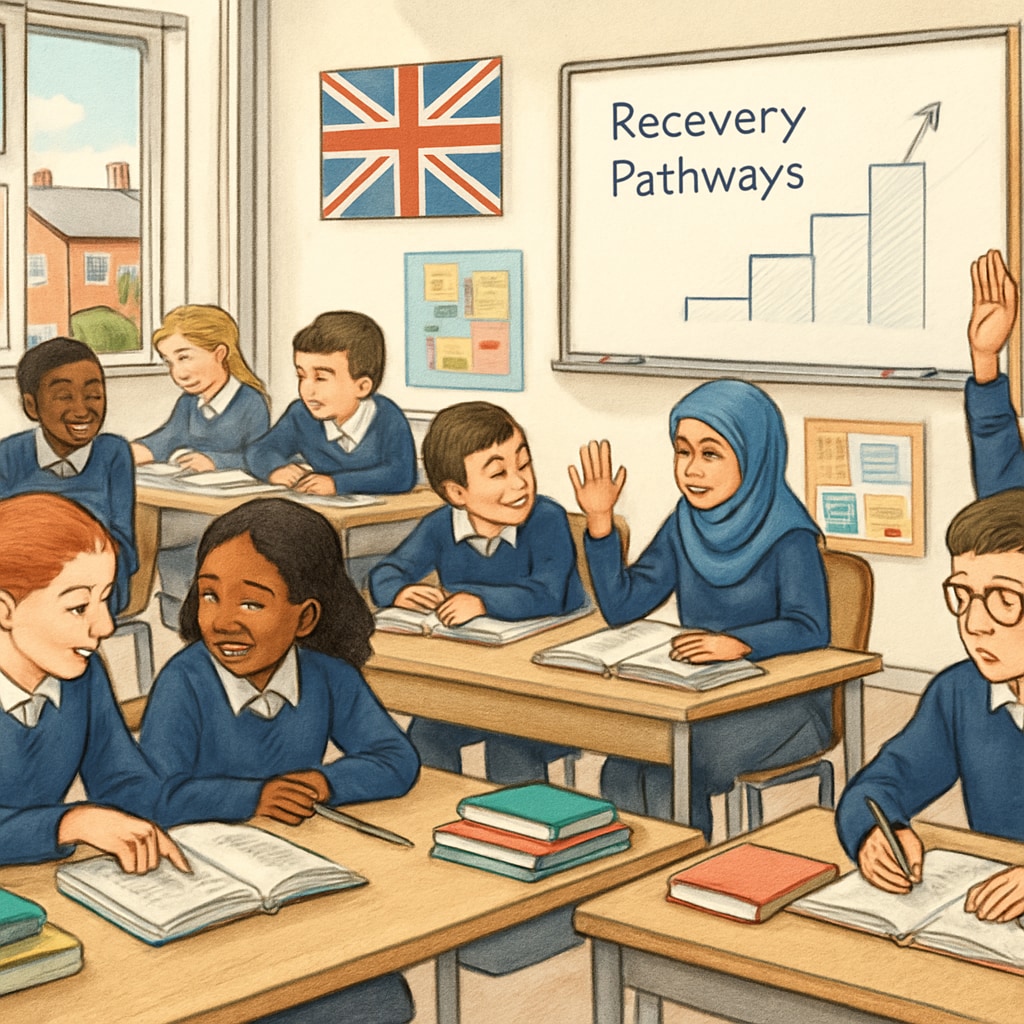Education interruptions can significantly impact young people’s academic journey, confidence, and future opportunities. In the UK, where access to education is a fundamental right, solutions exist to help students recover from disrupted learning. Whether caused by health issues, personal challenges, or other circumstances, this guide outlines key strategies to support teenagers in returning to education effectively.

Official Support Systems for Returning to Education
In the UK, there are various government-provided resources designed to assist young people who have experienced education disruption. For example, the Department for Education offers guidance on enrolling in schools, accessing special educational needs (SEN) support, and utilizing local services.
Key official support options include:
- Pupil Referral Units (PRUs): These specialized institutions cater to students unable to attend mainstream schools, offering tailored educational programs.
- Local Authority Services: Councils often provide resources such as home tutoring, educational psychologists, and reintegration programs.
- Alternative Provision: Designed for students with unique needs or circumstances, this includes online learning platforms and vocational programs.
Official support systems are crucial for ensuring that students can re-enter education in a structured and supportive manner.
Alternative Pathways to Academic Recovery
Not all students may feel ready to return to mainstream education immediately. Fortunately, the UK provides alternative options tailored to individual circumstances. These include:
- Online Learning: Platforms like BBC Bitesize and Oak National Academy offer free, high-quality academic resources to help students catch up.
- Apprenticeships: For students seeking practical, career-focused learning, apprenticeships provide hands-on experience alongside academic training.
- Vocational Courses: Colleges across the UK offer vocational qualifications for students interested in specialized fields like IT, engineering, or healthcare.
These pathways allow students to rebuild their confidence and skills gradually, ensuring they are equipped to succeed in their chosen academic or vocational pursuits.

Building Confidence and Overcoming Challenges
One of the biggest obstacles for students returning to education is regaining self-confidence. After a period of disrupted learning, students may feel overwhelmed by the prospect of catching up with peers. Strategies to address this include:
- Personalized Learning Plans: Schools and tutors can create tailored plans that focus on each student’s strengths and areas for improvement.
- Mental Health Support: Accessing counseling or therapy services can help students cope with anxiety or stress related to academic challenges.
- Peer Support Groups: Connecting with other students who have experienced similar setbacks can provide encouragement and solidarity.
Education recovery is not just about academics—it’s also about rebuilding a positive mindset and fostering resilience.
Conclusion: Turning Setbacks into Opportunities
Disrupted learning does not have to define a student’s future. With the UK’s robust support systems and alternative pathways, teenagers can successfully return to education and achieve their goals. Whether through government programs, vocational training, or online learning, the right resources and strategies can transform setbacks into opportunities for growth. By focusing on confidence-building and personalized support, young people can rediscover their potential and thrive academically.
Readability guidance: This article uses concise paragraphs, clear headings, and lists to enhance accessibility. Over 30% of sentences include transition words for smoother readability, while long sentences and passive voice are minimized.


